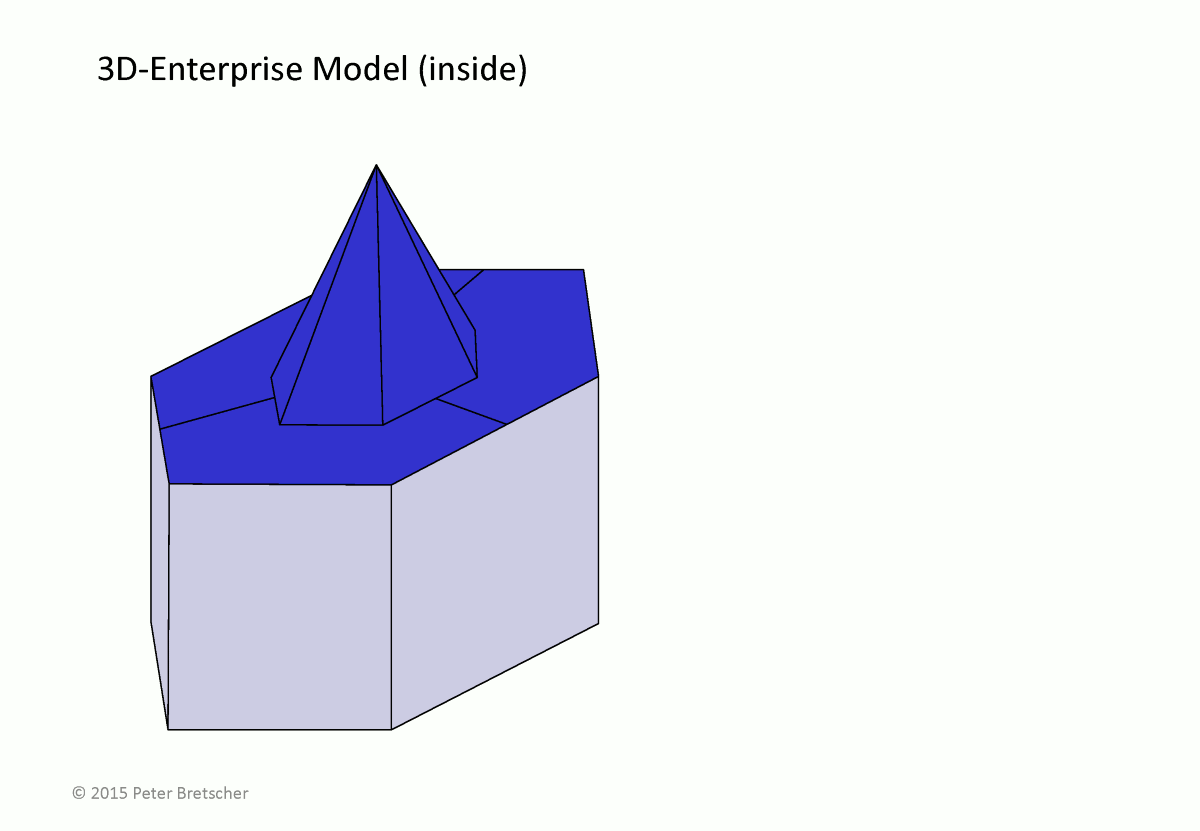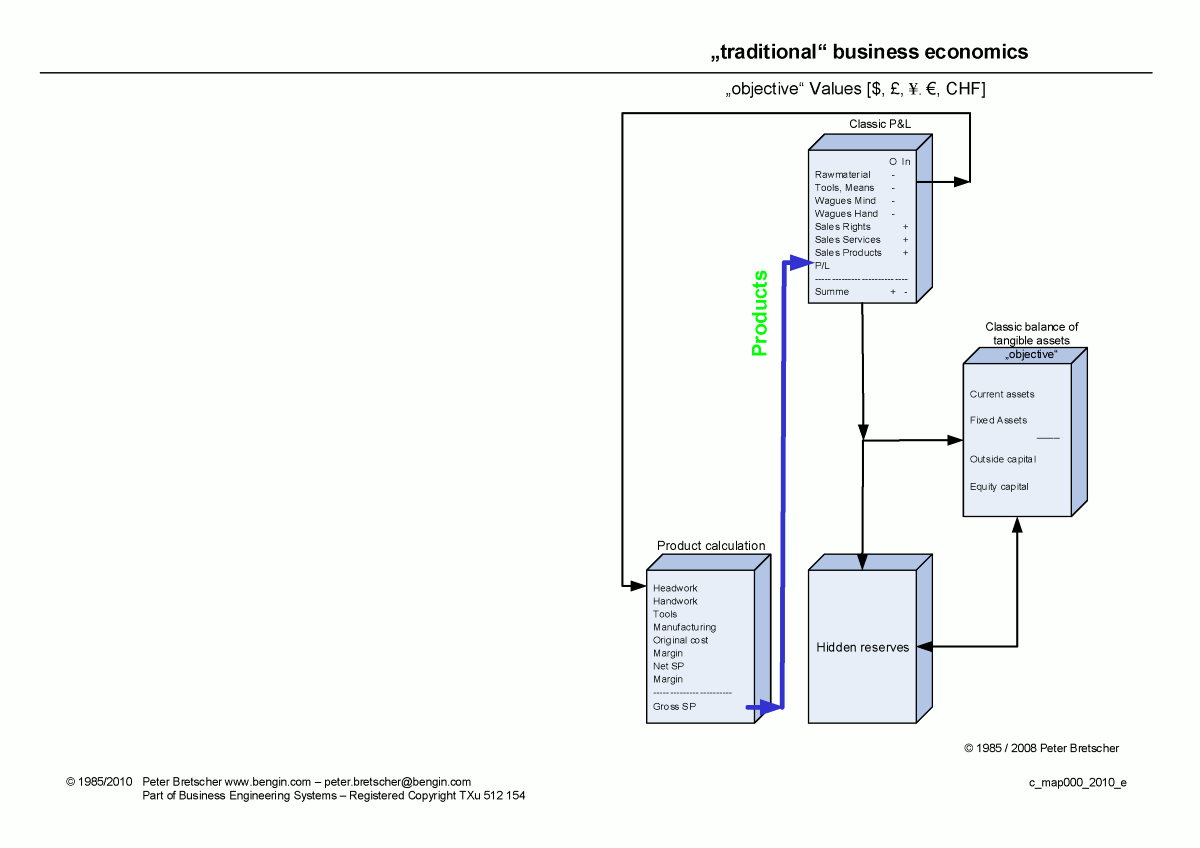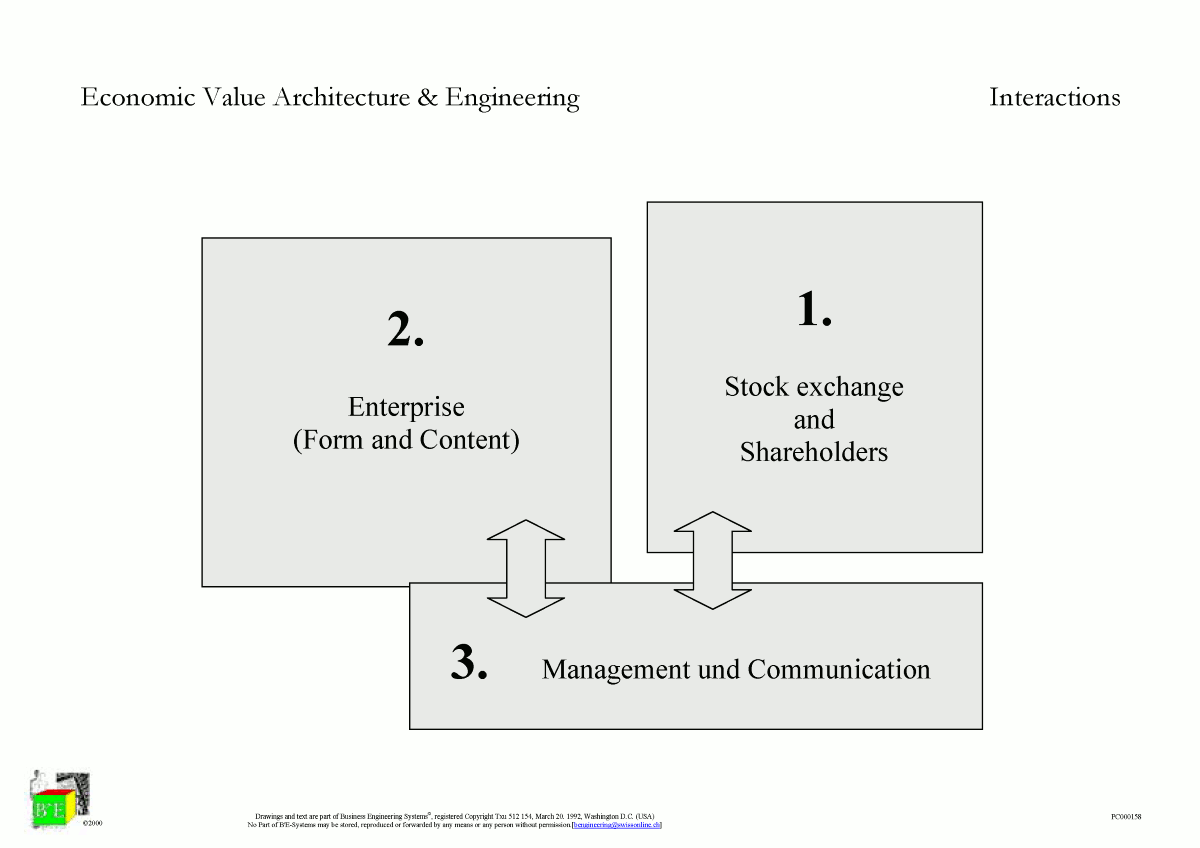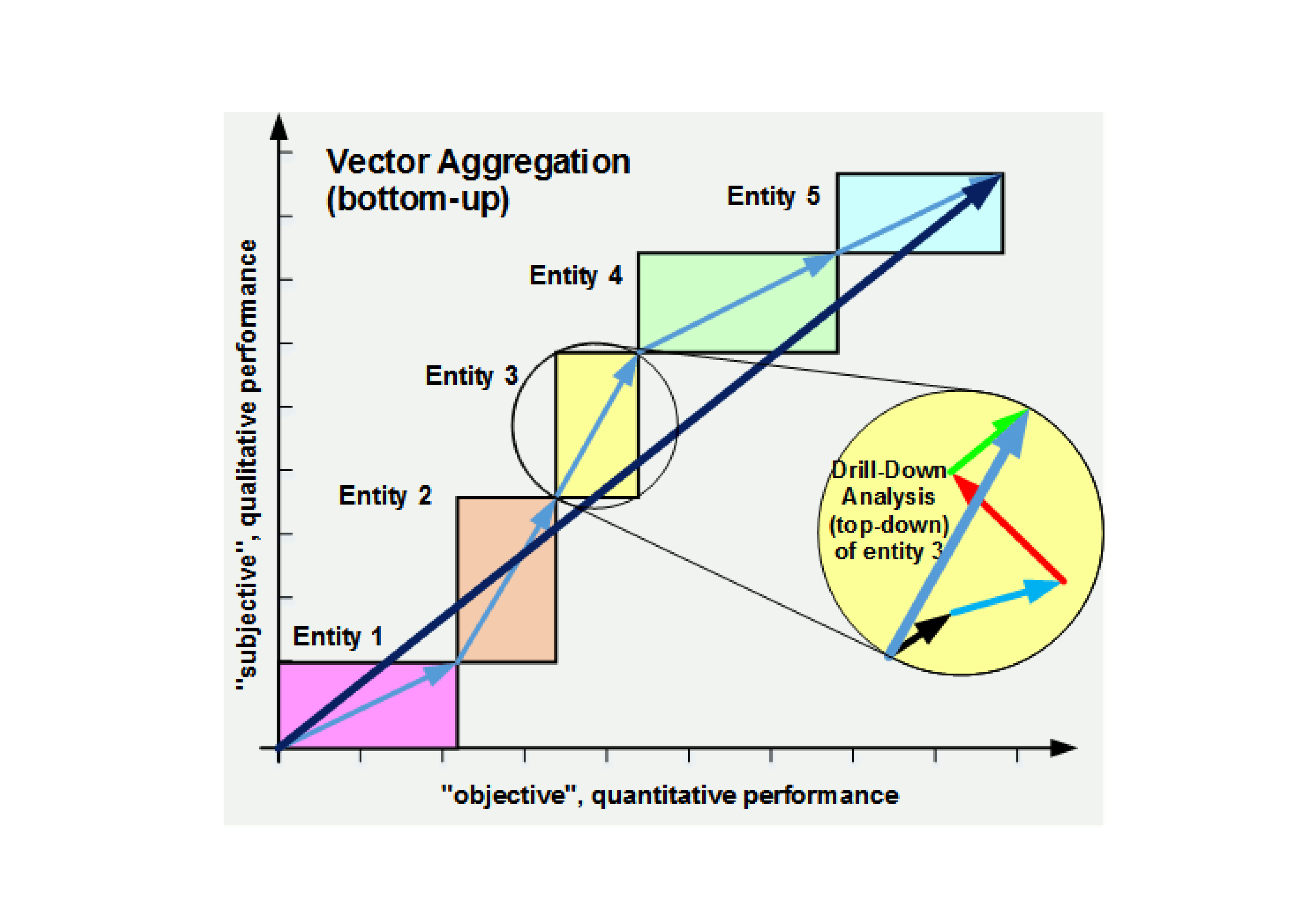Business Engineering Systems: Pioneering a New Economic Frontier
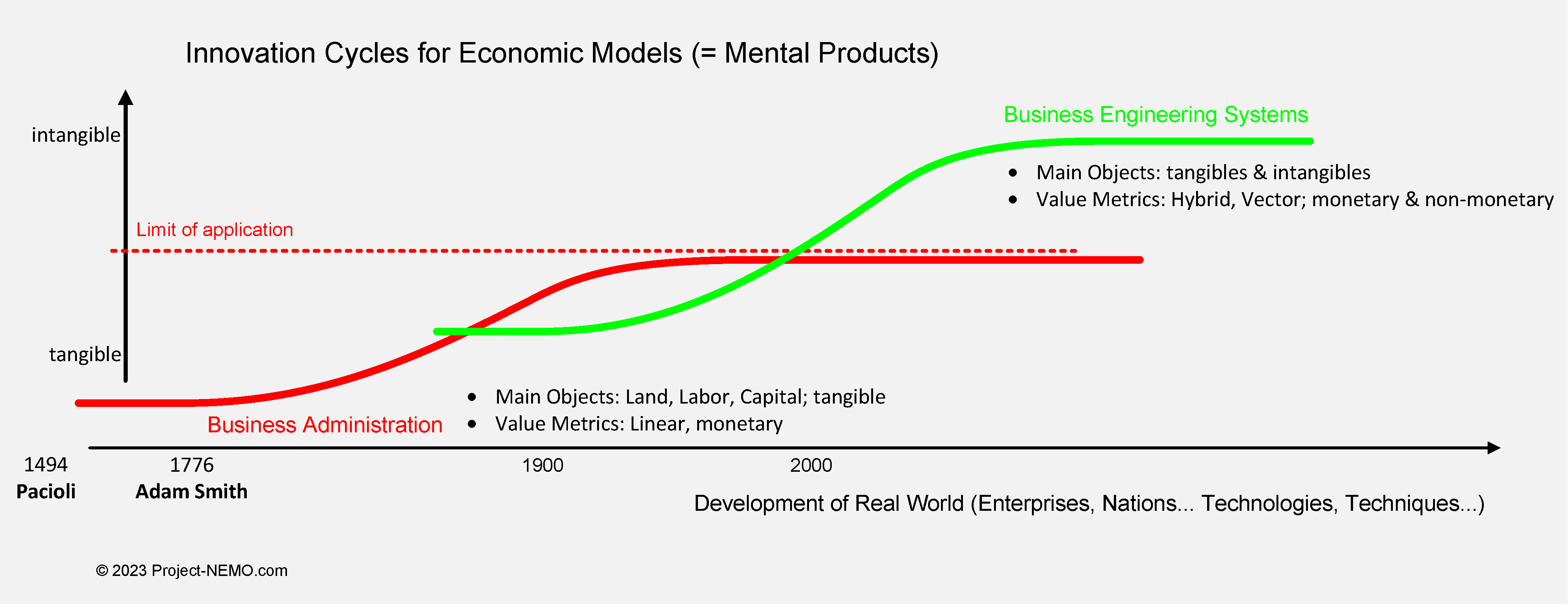
New economic models (i) start from tangible and intangible resources and (ii) use a multidimensional value paradigm in which non-monetary and subjective value attributes also count.
Why advanced models for business, policy, consulting, auditing, controlling...?
Introduction:
- In today's rapidly evolving world, traditional economic models are struggling to keep pace with the complexities of our interconnected global society. While these models have served us well for centuries, it's become clear that they have limitations that hinder our progress toward a more sustainable, inclusive, and prosperous future. Enter "Business Engineering Systems" (BE-Systems) – a revolutionary economic model designed to transform the way we do business, measure value, and drive positive change in our world.
Chapter 1: The Missing Pieces of Traditional Economics:
- For too long, traditional economic models have focused on linear monetary metrics, often ignoring the intangible assets that underpin our modern economy. BE-Systems recognizes that knowledge, skills, innovation, and intellectual property are just as valuable as physical assets. It integrates these intangibles into the economic framework, providing a more holistic and accurate view of our economic landscape.
Chapter 2: The Power of Hybrid Value Metrics:
- BE-Systems introduces the concept of hybrid value metrics, which go beyond one-dimensional monetary indicators. With BE-Systems, we can now assess and understand the multidimensional value of businesses, products, and services. This means considering not only financial profits but also environmental impact, social responsibility, and overall well-being. BE-Systems enables us to make more informed decisions that benefit people, planet, and profit.
Chapter 3: Innovations That Shape Our Future:
- Just as innovations in physical objects have transformed our world, BE-Systems is an innovation in economic thinking. Like the shift from horse-drawn carriages to electric cars, BE-Systems offers a new way forward. By breaking free from the confines of traditional economic models, we unlock the potential for unprecedented innovation, creativity, and problem-solving.
Chapter 4: A Global Movement for Positive Change:
- Around the world, forward-thinking entrepreneurs, businesses, and policymakers are already embracing BE-Systems. Multinational corporations are reevaluating their practices, and governments are considering policy changes to align with this new economic paradigm. There's a growing public outcry for change, and the model of BE-Systems is at the forefront of this movement.
Chapter 5: A Call to Action:
- We stand at a pivotal moment in history where the decisions we make today will shape the future for generations to come. BE-Systems is not just a model; it's a call to action. It challenges us to rethink the way we conduct business, manage resources, and measure success. It's an opportunity for businesses to thrive while leaving a positive impact on the world.
Conclusion:
- In "Business Engineering Systems," we find a beacon of hope, a blueprint for progress, and a path toward a more equitable, sustainable, and prosperous world. This is our chance to rewrite the rules of economics, to replace old limitations with boundless possibilities, and to create a legacy of positive change for future generations. Together, we can pioneer this new economic frontier and build a brighter future for all.
Four selected areas of focus from the BE-Systems:
Click on image for more information
Purpose of 'Project NEMO' (New/Next Economic/Enterprise Model) with its 'BE-Systems' is to enhance classic economics by
(i) including intangible assets as the common (re)source of welfare and wealth and
(ii) disclosing a vector based hybrid value principle enabling monetary AND nonmonetary dimensions as a compound/hybrid measure.

